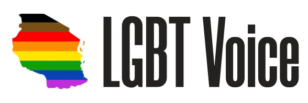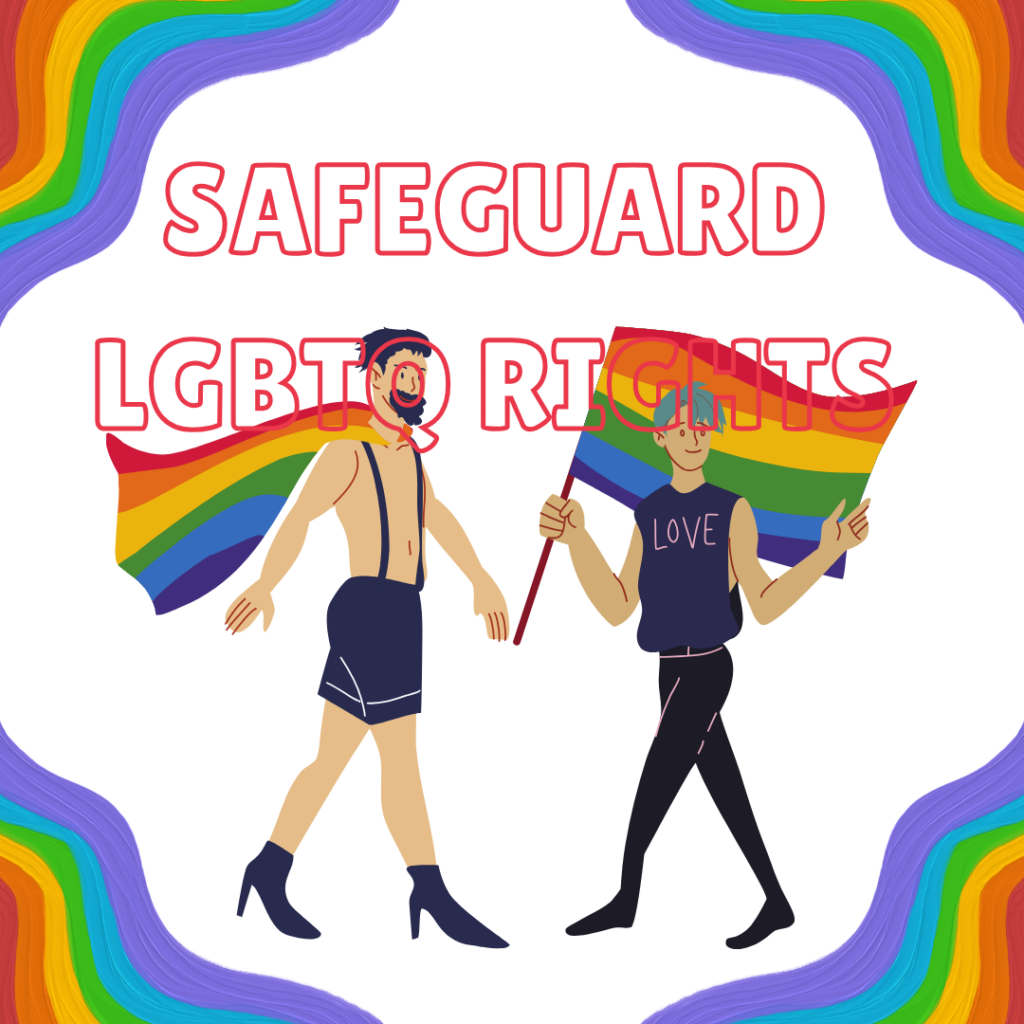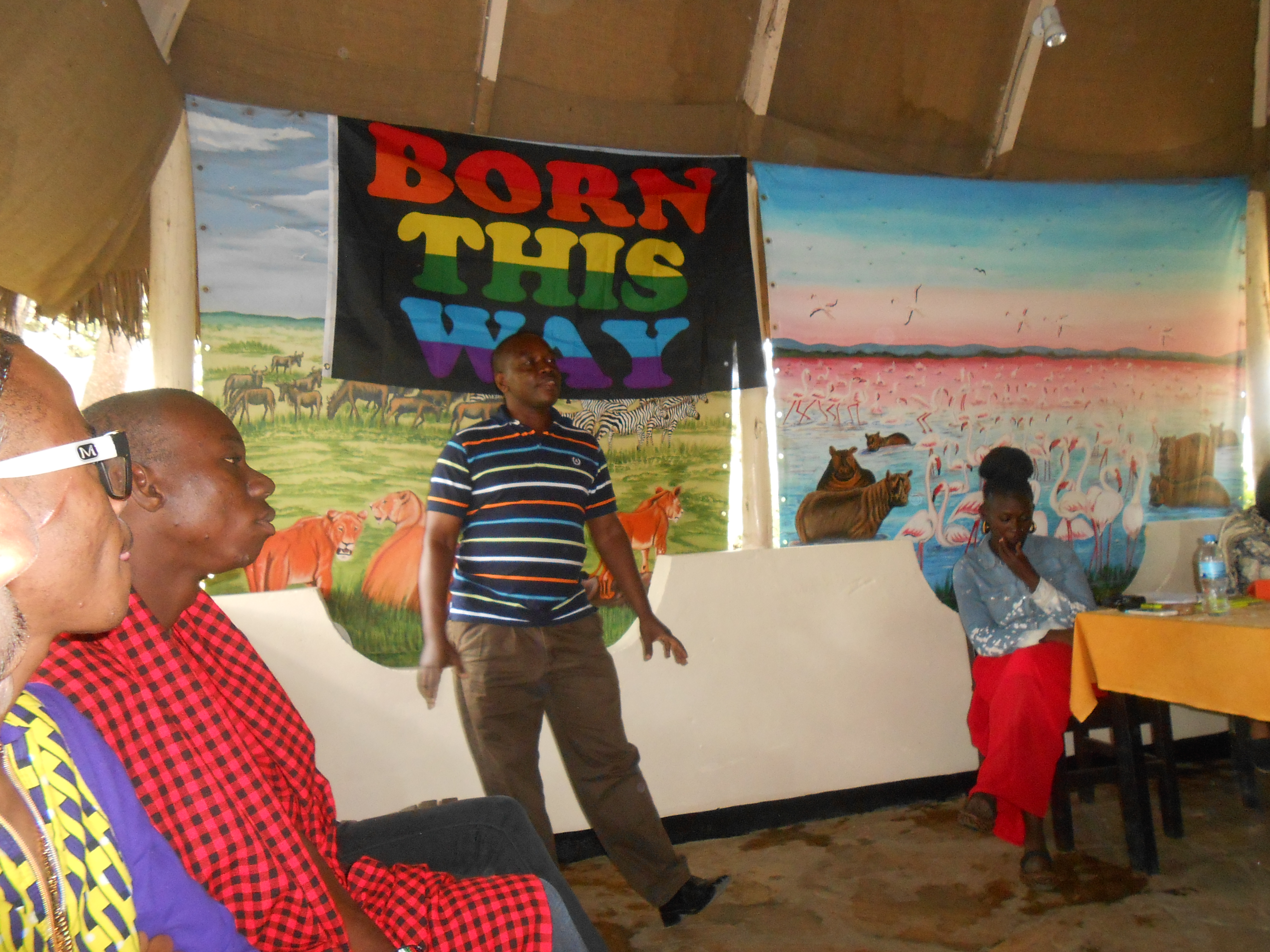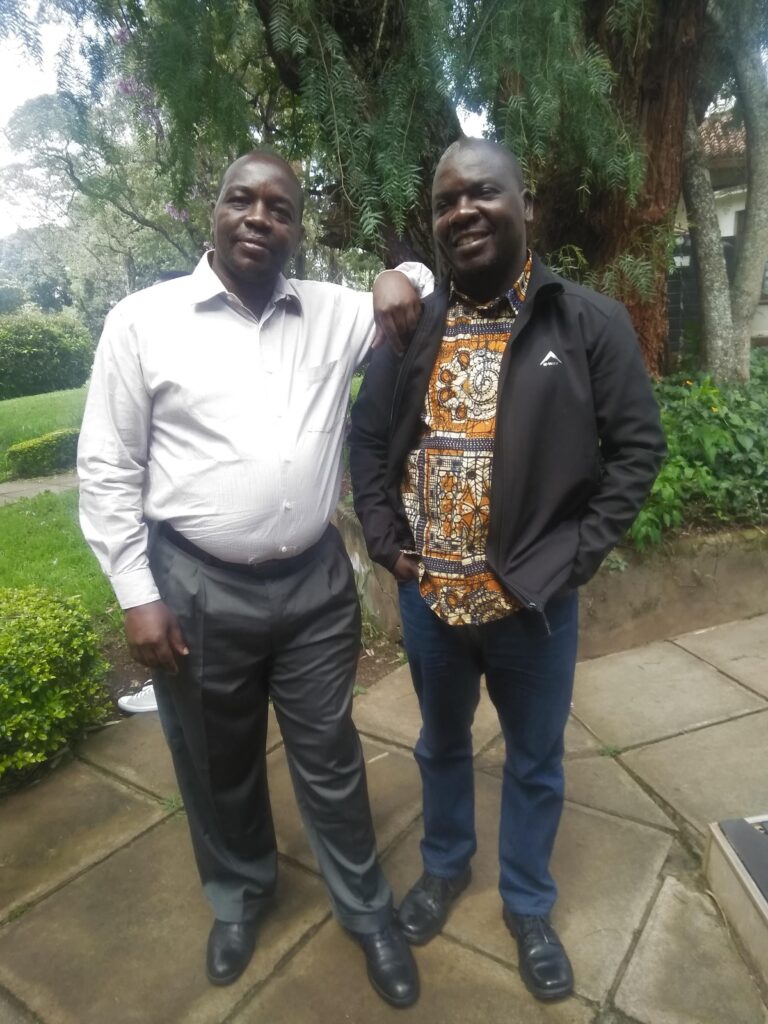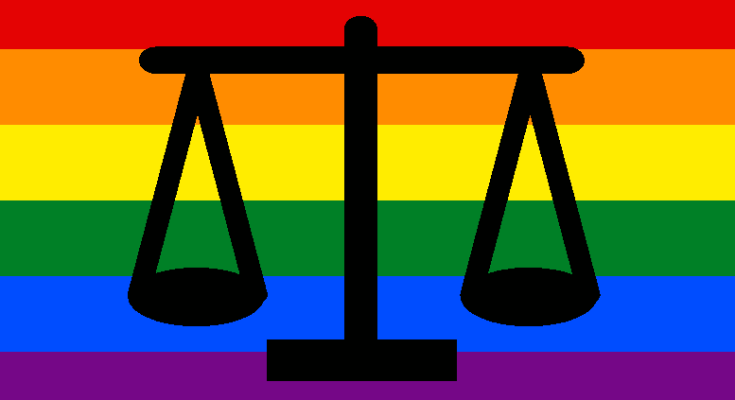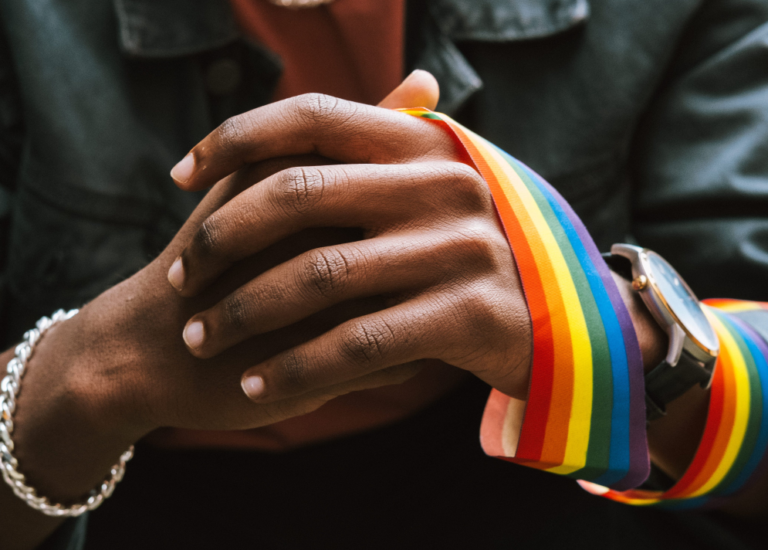Safeguarding the rights of LGBTQ individuals in Tanzania is crucial for fostering a society where everyone is treated with respect, regardless of their sexual orientation or gender identity. By ensuring that LGBTQ individuals are protected from discrimination and violence, we can create a more inclusive and accepting environment for all. This protection not only upholds the principles of social justice and human rights but also allows every member of the community to thrive and contribute positively to society.
One of the fundamental reasons why protecting the rights of LGBTQ individuals in Tanzania holds significant importance is the advancement of diversity and the promotion of acceptance within society. When LGBTQ members can freely express their true selves without the fear of facing discrimination, they are empowered to actively engage in various spheres of life, such as the workforce, educational institutions, and social environments. This inclusivity not only benefits the LGBTQ community by allowing them to thrive but also contributes to the overall cohesion and solidarity of the entire society.
By creating an environment where LGBTQ individuals feel safe and respected, it enables them to contribute their unique perspectives and talents to different sectors. For instance, in the workplace, LGBTQ employees who are supported and valued for who they are tend to be more motivated and productive, leading to a more innovative and dynamic work environment. In educational settings, students who are able to embrace their identity without fear of rejection are more likely to excel academically and contribute positively to the learning environment for themselves and their peers.
Furthermore, fostering a culture of acceptance and inclusivity toward LGBTQ individuals in Tanzania can have far-reaching positive effects on the community as a whole. It can help break down stereotypes and prejudices, promoting a more tolerant and understanding society where everyone feels a sense of belonging and unity. Research has shown that diverse and inclusive societies are more resilient, creative, and prosperous, as they harness the full potential of all their members regardless of their sexual orientation or gender identity.
Statistics indicate that LGBTQ individuals in Tanzania often confront elevated levels of prejudice and violence based on their sexual orientation or gender identity. Upholding their rights is crucial in mitigating these troubling trends and fostering a more secure environment for all. Recent research reveals that a notable proportion of LGBTQ members in Tanzania have recounted instances of discrimination, encompassing verbal harassment and physical aggression. This underscores the pressing necessity to champion their rights and guarantee their safety and welfare.
Expanding on this issue, it is essential to recognize that LGBTQ individuals in Tanzania not only face societal discrimination but also encounter legal barriers that restrict their freedoms and perpetuate marginalization. For example, laws criminalizing same-sex relationships contribute to a hostile climate where LGBTQ individuals are vulnerable to persecution and violence. These legal constraints not only infringe upon their fundamental rights but also hinder their access to essential services and support networks.
Moreover, the impact of discrimination and violence on the mental health and well-being of LGBTQ individuals in Tanzania cannot be overstated. Studies have shown that persistent exposure to hostility and mistreatment can lead to heightened levels of stress, anxiety, and depression within this community. Addressing these mental health challenges requires a comprehensive approach that includes providing culturally competent mental health services and fostering inclusive spaces where LGBTQ individuals feel affirmed and supported.
In light of the intricate nature of these challenges, it becomes clear that championing for the rights of LGBTQ individuals in Tanzania extends far beyond mere acknowledgment. It requires a dedicated push to break down entrenched barriers within the system and cultivate an environment of inclusivity and understanding. By amplifying the voices of LGBTQ individuals, confronting discriminatory behaviors and policies, and advocating for the implementation of inclusive measures, we can strive towards a society that is fair and just for all, irrespective of their sexual orientation or gender identity. This collective effort aims to create a space where individuals can flourish and express their true selves without fear of discrimination or prejudice, ultimately fostering a society that values diversity and promotes equality in all aspects of life.
